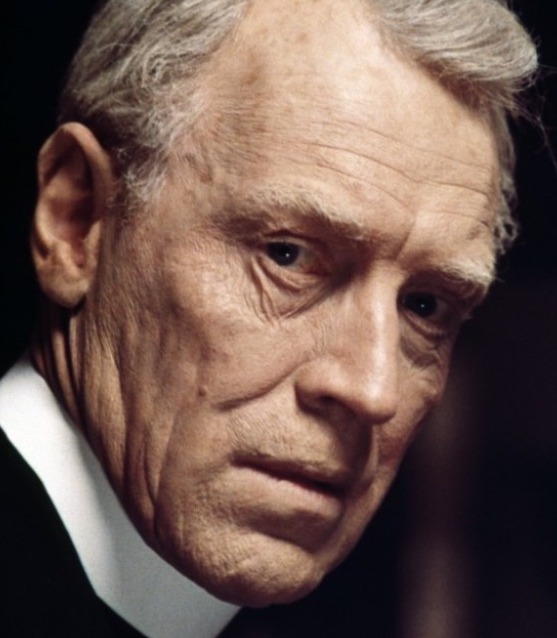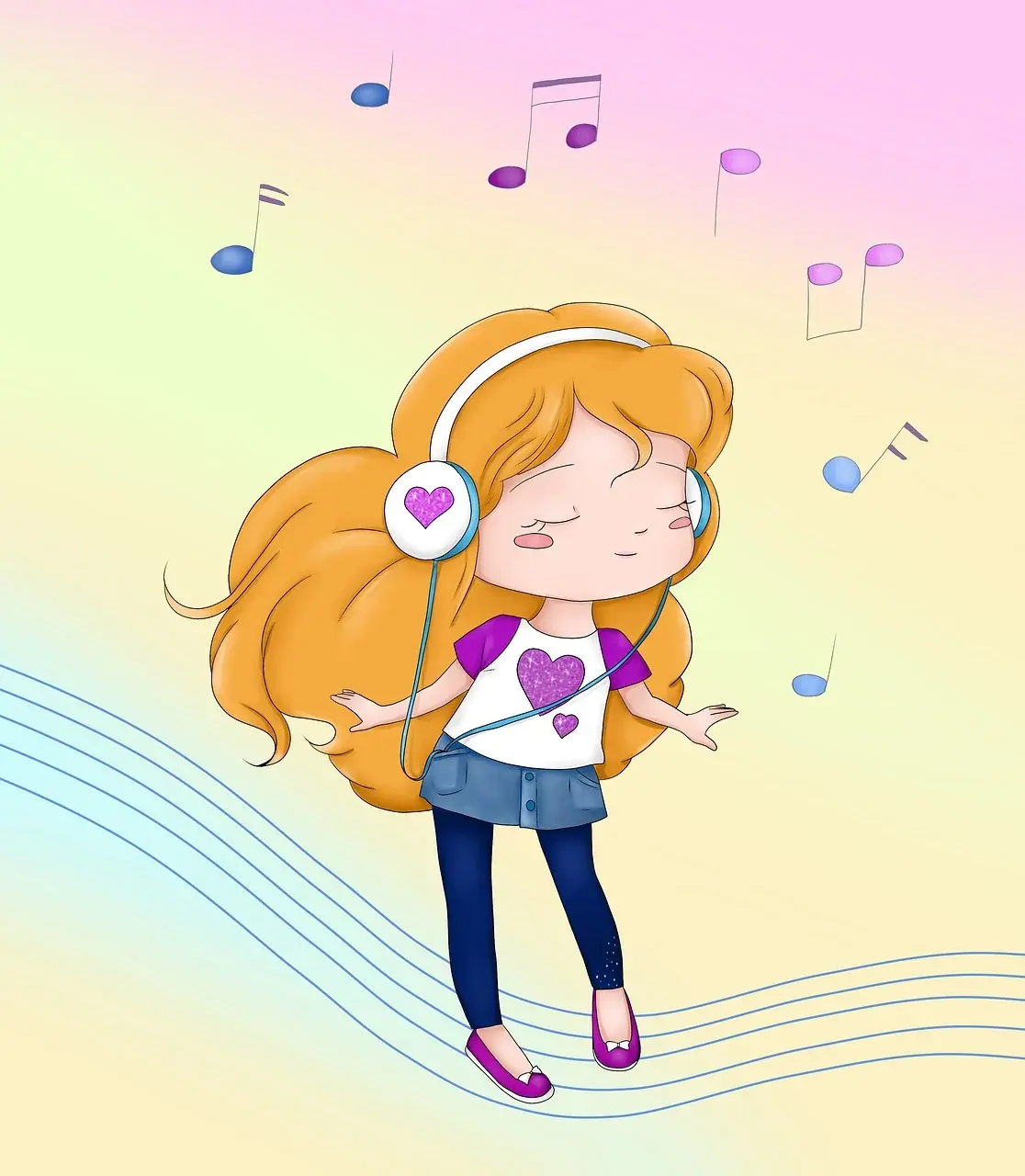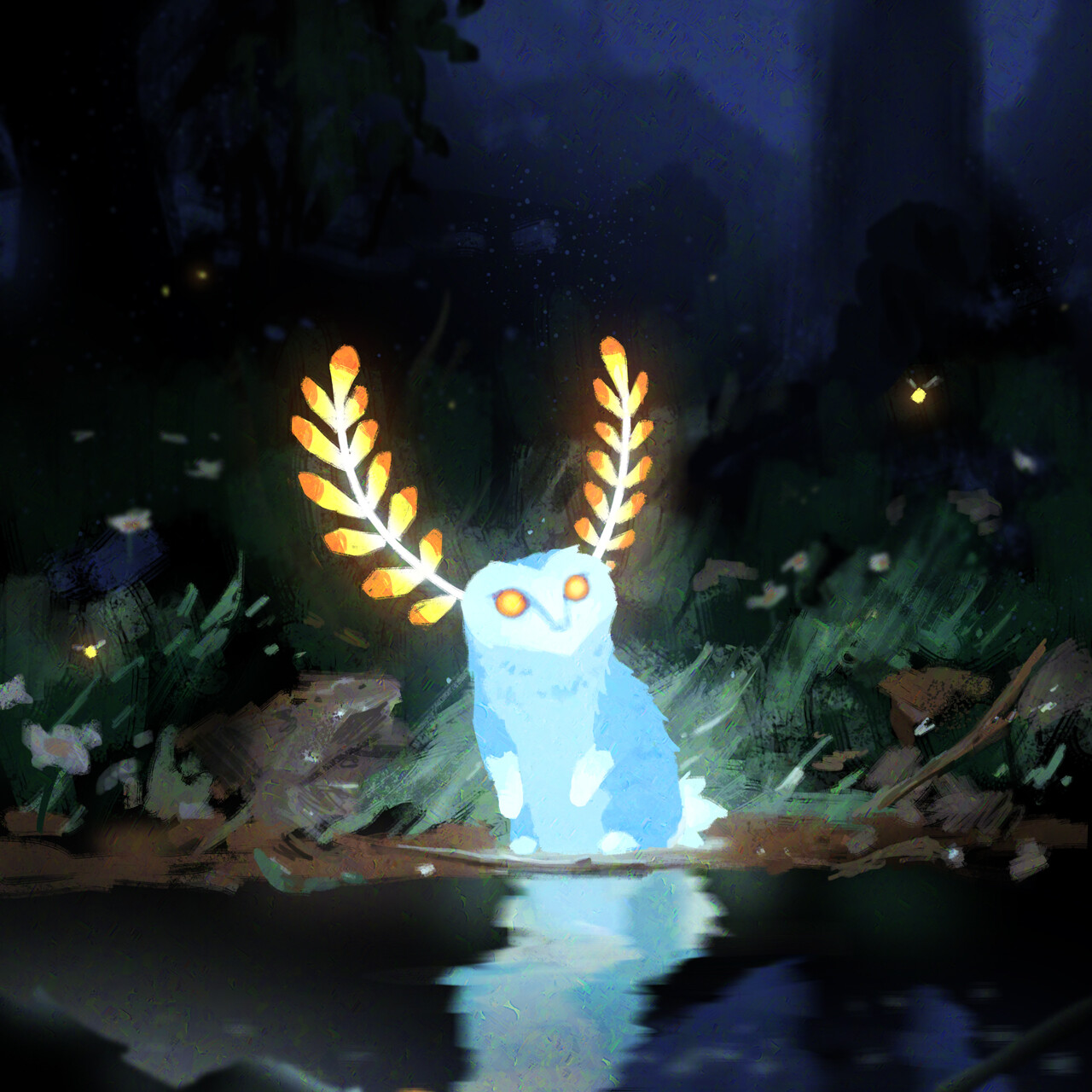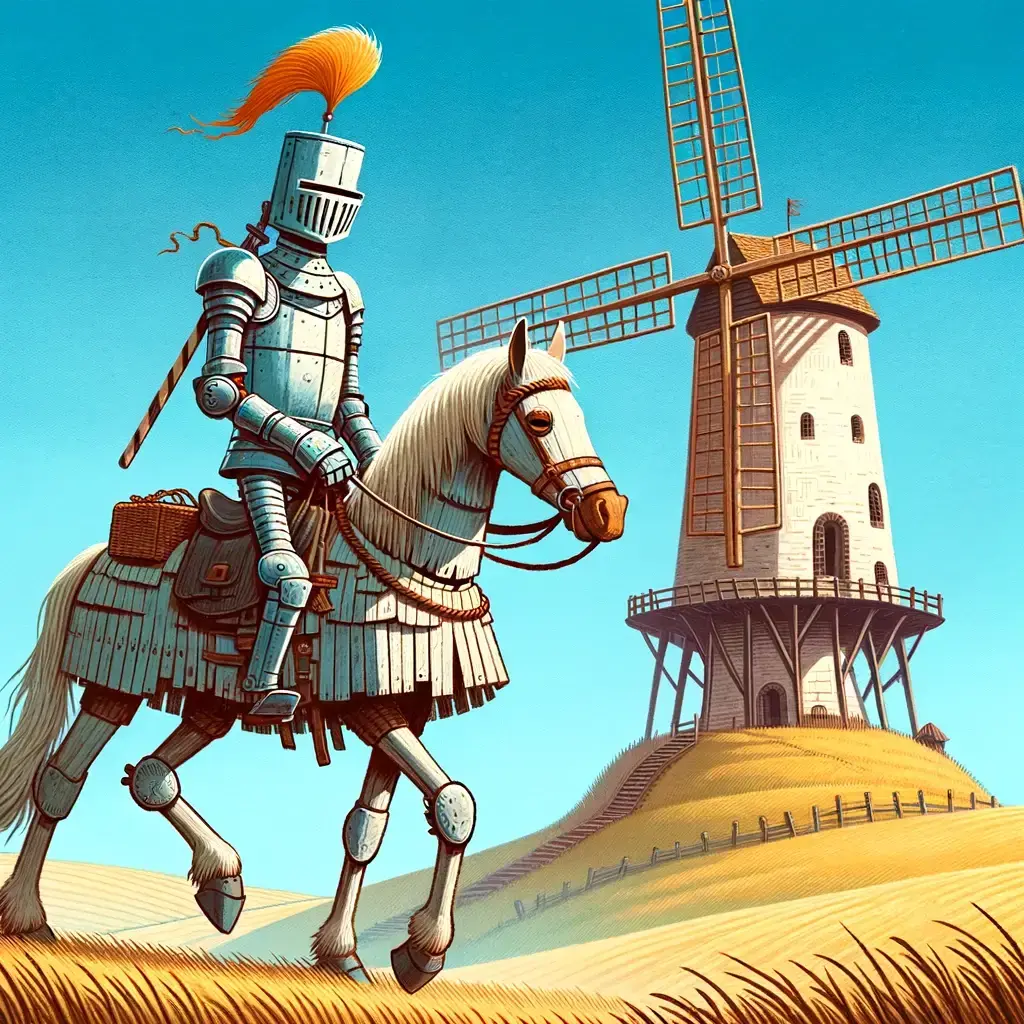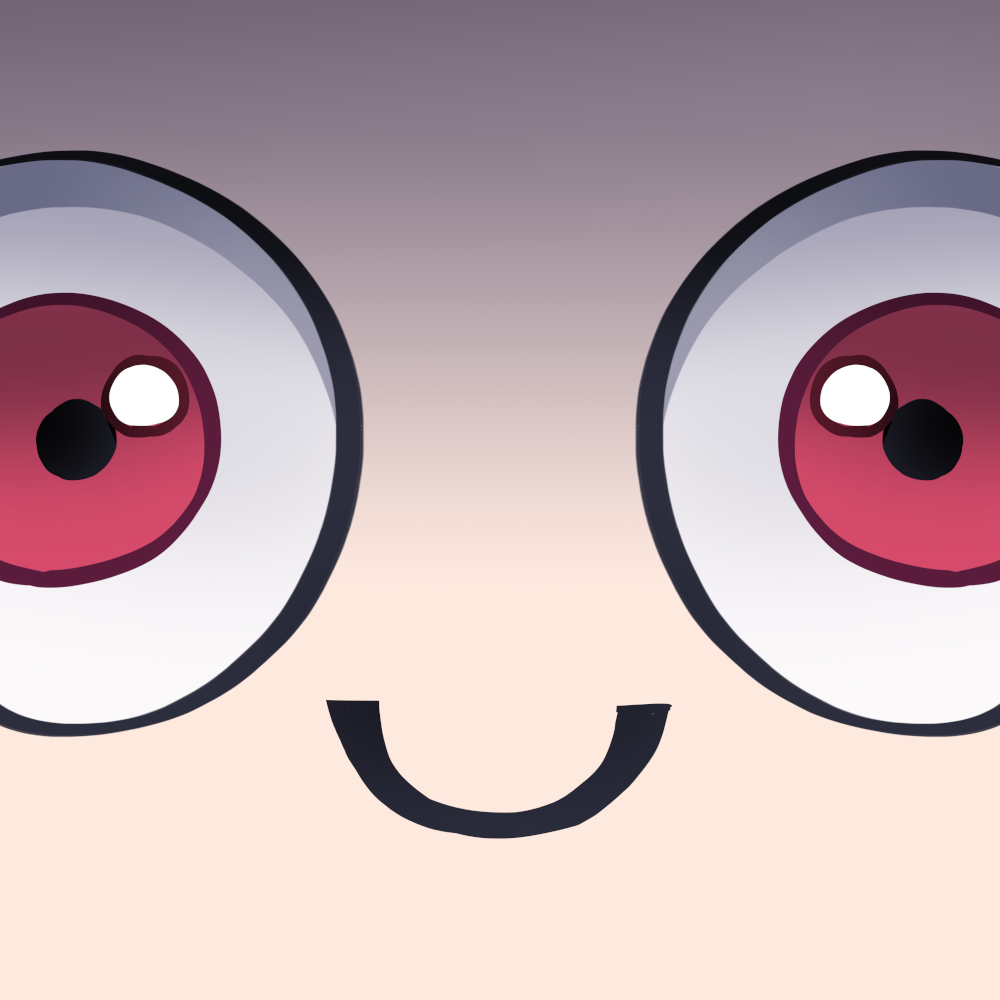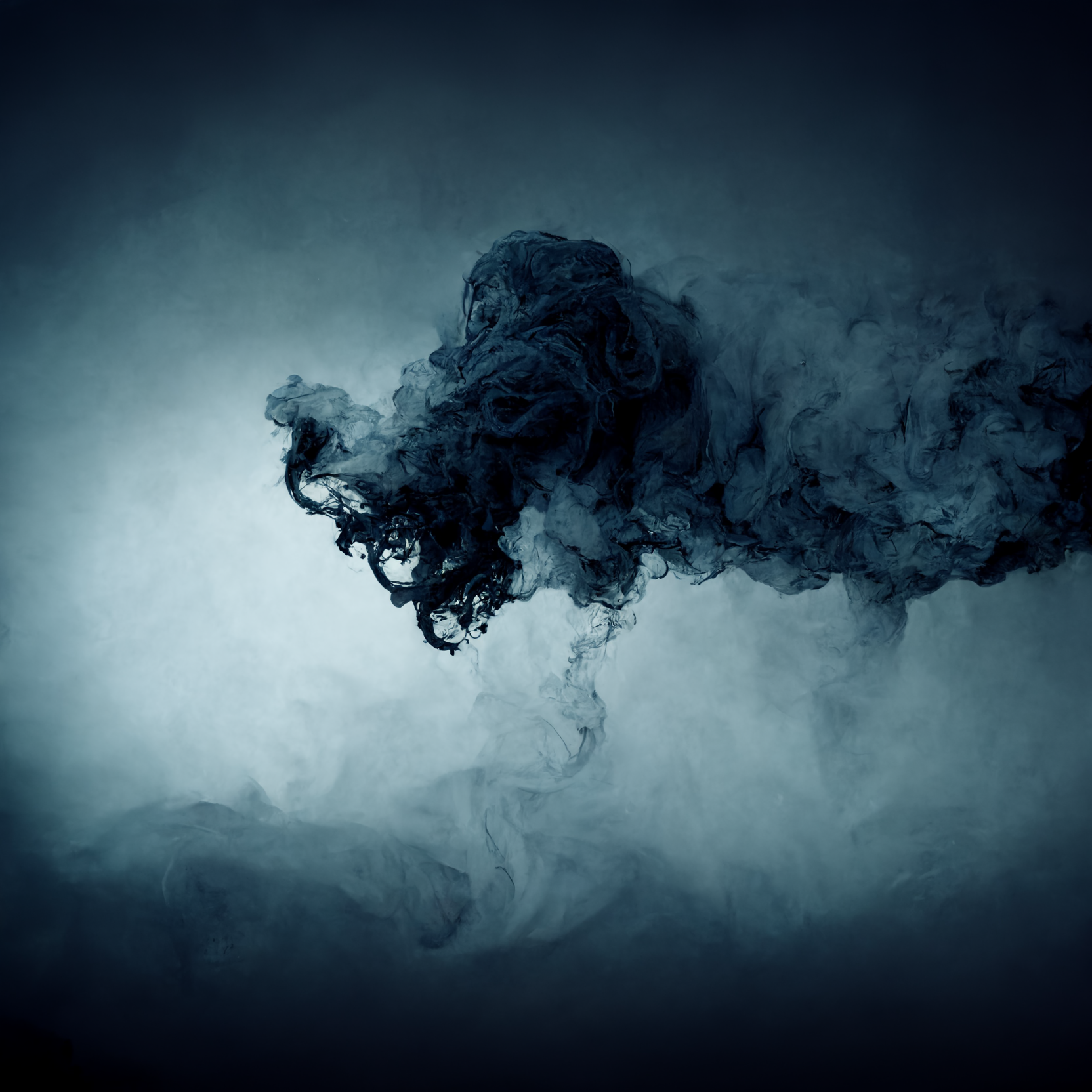- cross-posted to:
- worldnews@lemmy.ml
- science@beehaw.org
- cross-posted to:
- worldnews@lemmy.ml
- science@beehaw.org
Like many of you, birds are very special to me. I connect with them like I don’t any other living creature, save my wife and kids. I photograph them. I’ve covered my body in nothing but bird tattoos.
To see that a THIRD of them have disappeared is like a knife to the heart.
Aside from the endangerment of honey bees, this is the next best indicator of climate change and the impact of human destruction of vital environments for healthy support of animal species. I keep a small hive in my back yard, and have planted hummingbird attracting flowers to make a little haven in my own space. Not significant in the grand scheme of all the ones missing I know, but at least an effort on a tiny level to help sustain life around me. Beauty as added bonus 😊
Same, friend. I have three bird tattoos, and I used to be a big birder, but I stopped. The woods around me are becoming quieter, and I can’t stand the silence, so I listen to music instead of looking for friends in the woods.
Silence in the woods is viscerally unsettling to me.
Just the other day at a metro park, I noticed it and it made me quite uneasy. As a rule, I despise mosquitoes, but I should have gotten som mosquito bites in the woods. I did not. Didn’t even use bug spray.
If you’re of the forest you know that quiet means that Something Is Fucking Wrong
There was some German study a few years back that found that the insect biomass in the air had declined by 75% in the span of a decade. As someone else mentioned, the windshield splatter effect speaks to that issue being much wider spread.
With a major food source gone on top of the pressures of climate change itself, that’s not going to look great for birds.
I’m waiting for the deniers to tell us that it’s normal and happened all over history. Like forest fires, droughts, floods as well as inequality, not being able to afford to buy or build a home, … The little stuff.
If you look at the history of Life on Earth, mass extinctions, are actually kind of routine. Everyone knows about the meteor and the dinosaurs, but there are also 4 other times in history where 85% of species died, and it’s really starting to look like this might be about to see another.
This coupled with the decline of insect populations (as someone who regularly drives from Missouri to Georgia in the states, you can count me as one of the anecdotal points of the windshield phenomenon) is like the icing on top of my climate doomerism. It’s hard to find reasons for optimism.
On the other hand, I’m even more vindicated in my desire to keep moving toward a plant based diet:
The hardest hit were grassland birds, down by more than 50 percent, mostly due to the expansion of farms that turn a varied landscape into acres of neat, plowed rows. That equates to 750 million birds, from bright yellow Eastern and Western Meadowlarks with their incessant morning songs to the stately Horned Lark with black masks across the male’s eyes and tiny hornlike feathers that sometimes stick up from their heads.
😔
Humans are an invasive species.
The reason that Africa is the only continent with so many giants animals, is that humans hunted almost all of the native mega fauna everywhere else extinct.
So are we going to do something about the hundreds of millions of housecats that slay billions of birds every year?
There was some German study a few years back that found that the insect biomass in the air had declined by 75% in the span of a decade. As someone else mentioned, the windshield splatter effect speaks to that issue being much wider spread.
With a major food source gone on top of the pressures of climate change itself, that’s not going to look great for birds.
